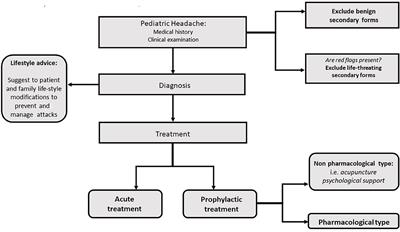EDITORIAL
Published on 29 Aug 2022
Editorial: Lifestyle modifications to manage migraine
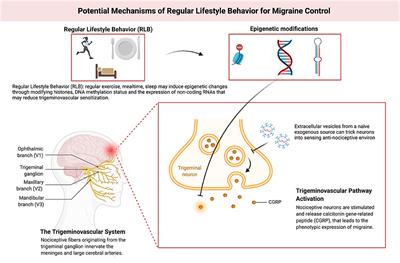
doi 10.3389/fneur.2022.966424
- 1,480 views
- 2 citations
8,083
Total downloads
33k
Total views and downloads
EDITORIAL
Published on 29 Aug 2022

MINI REVIEW
Published on 18 Mar 2022
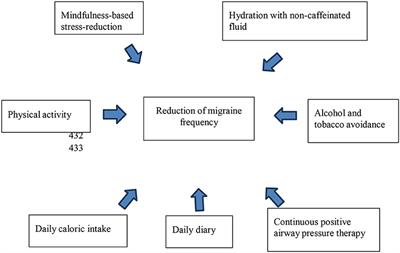
ORIGINAL RESEARCH
Published on 18 Nov 2021
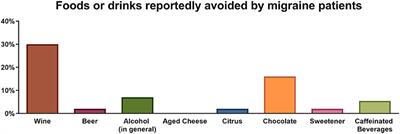
PERSPECTIVE
Published on 05 Oct 2021
REVIEW
Published on 09 Jun 2021
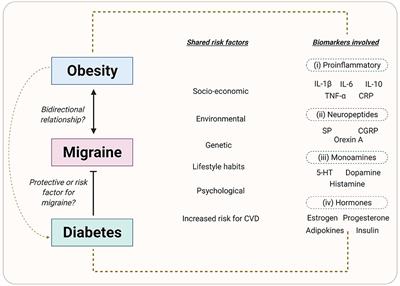
REVIEW
Published on 02 Feb 2021
